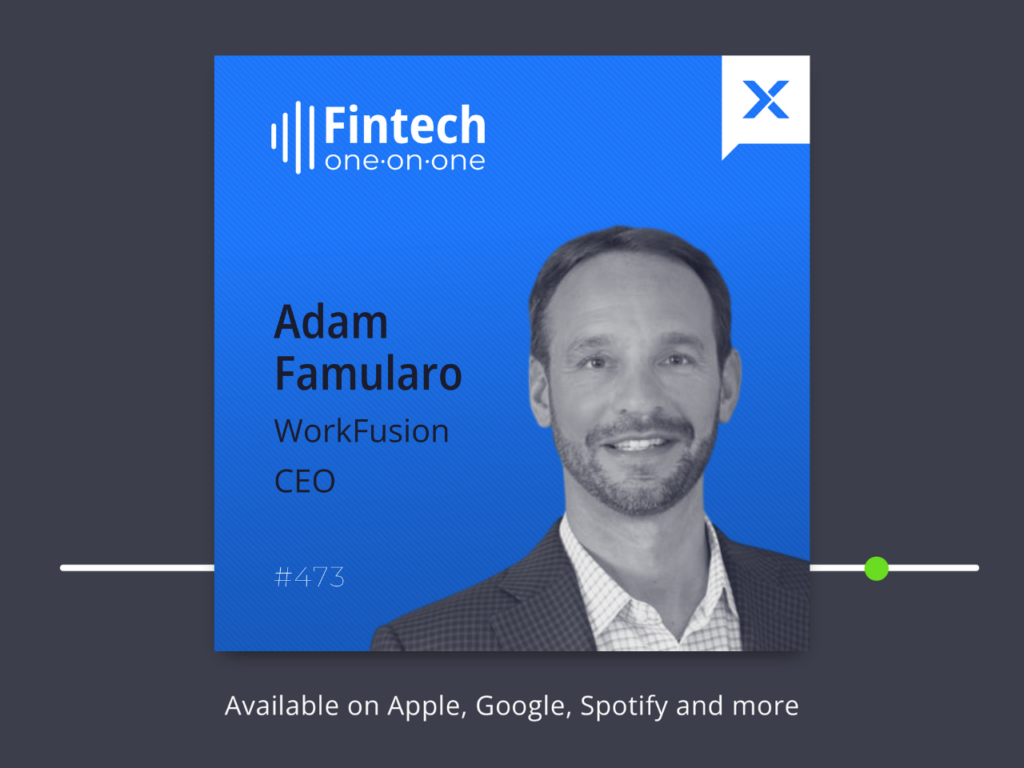A lack of financial literacy can be devastating to maintaining financial health.
The big problem is that most people find financial literacy programs boring and don’t stick to it. Many fintechs and banks have tried to counteract this by creating gamified learning.
Gamified financial learning could be a way for the next generation to become financially literate. This new partnership between Chime and Zogo is a case in point.
I have played around with Zogo in the past after I interviewed the CEO at a Financial Health Network event. It reminded me of Duolingo’s approach to learning a language, so it could be the model that breaks through.
Chime is the largest digital bank in the country with tens of millions of customers. If this program is able to get some traction we could be finally moving the needle on financial health.
It is clear that the traditional model of financial literacy does not work. People don’t want to read blogs and watch YouTube videos. But no one wants to be poor. Making it into a game, particularly for younger customers, could be the breakthrough we need.
Featured
> Game On: Chime offers gamified financial education through partnership with Zogo
By Rabab Ahsan
Over 40% of consumers don’t have basic understanding and knowledge about finance, according to a study done by Capital One in 2023. And this is a long running issue in America: Research done in 2014 and 2017 found similar low levels of understanding when it came to personal finance.

From Fintech Nexus
> U.S. fintechs set foot in Mexico’s rising digital market
By David Feliba
The number of fintechs in Mexico has grown to nearly 1,000 as of 2023, with U.S. startups commanding a lead among foreign fintechs.
> Fintech-Bank Partnerships: Three Strategies for Seamless Integration and Lasting Impact
By Tori VanCura-Rutland
Bank-Fintech partnerships have been in the news a lot lately. Here are three important considerations to make them work well.
Podcast

Adam Famularo, CEO of WorkFusion on using AI digital workers to fight financial crime
The CEO of WorkFusion discusses the role of AI digital workers in detecting financial crime and how they can augment a human…
Also Making News
- USA: US Chamber of Commerce files suit against CFPB over late card fees
The US Chamber of Commerce has filed a lawsuit against the Consumer Financial Protection Bureau (CFPB) to stop it from implementing a rule to limit late credit card fees.
- USA: Mastercard attacks subscription-pay chaos with open banking tools
Powered by its data-aggregation arm Finicity, Mastercard is piloting a service giving consumers an analytical view of all the subscriptions they routinely pay via credit, debit or ACH with options to cancel, pause or resume them.
- USA: FDIC’s Hill calls for more nuance in regulatory approach to digital assets
Federal Deposit Insurance Corp. Vice Chair Travis Hill Monday criticized his agency’s lack of clarity on digital assets, warning that the current approach risks hindering U.S. influence in the global rollout of blockchain at banks.
- USA: JPMorgan to launch biometric checkout next year
The bank’s payments unit plans to engage in more pilots this year before rolling out the checkout service broadly next year, said Prashant Sharma, JPMorgan’s executive director of biometrics and identity solutions.
- Global: Crypto Gets Blamed for a Real-Life Currency Crisis
Nigeria detained two senior Binance employees and accused the crypto exchange of undermining the nation’s plunging currency.
- USA: Banking-as-a-Service 2.0 Helps Senders Monetize Instant Payments Ecosystems
The evolution of money movement, and of banking, are intrinsically linked. That’s why, as money became digitized and embedded, so too did banking, via the first iteration of the banking-as-a-service (BaaS) model.
To sponsor our newsletters and reach 275,000 fintech enthusiasts with your message, contact us here.



